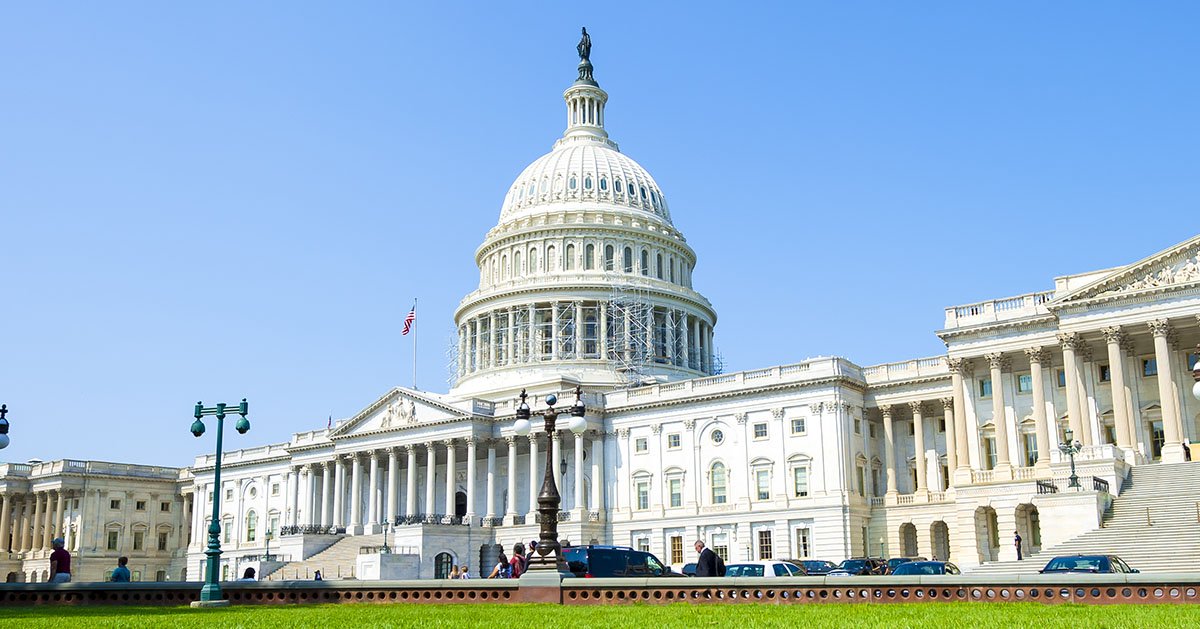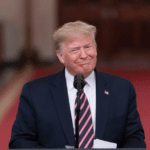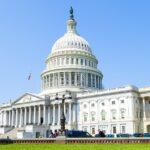




The recent shift in the U.S. presidency has resulted in significant changes to immigration policies, leaving many migrants in distress.
The New York Post reported that upon being sworn in, President Trump nullified several of his predecessor's regulations, effectively bringing to a halt the CBP One app that facilitated legal entry appointments for migrants along the Mexican border.
This abrupt policy reversal has left approximately 270,000 migrants in southern Mexico uncertain about their future as new border measures are rolled out.
The CBP One app, established during the Biden administration, was a cornerstone for migrants seeking to enter the United States through legal channels. Its cancellation came swiftly, synchronized with President Trump's inauguration, creating immediate chaos among those anticipating entry.
By turning off the app, President Trump canceled all appointments previously scheduled, instantly affecting thousands. In addition to this change, Trump introduced plans to bolster border defenses, citing the situation as a "national emergency."
His administration announced the deployment of military personnel to the border, aiming to tackle the surge in migration that reached unprecedented levels in the last few years.
Over the course of his first day in office, the president introduced several additional immigration reforms. These included the revival of border wall initiatives that had been a core feature of his earlier administration. By reinstating the contentious “Remain in Mexico” policy, he signaled a return to stricter border control practices.
A critical component of Trump's new policies seeks to target violent migrant gangs operating in the region. Groups like Tren de Aragua and MS-13, known for their origins in Venezuela and El Salvador, respectively, were set to be labeled as terrorist entities.
This move allows for harsher measures under the Alien Enemies Act meant to curb gang-related activities. In line with these changes, President Trump aimed to eliminate birthright citizenship—an unprecedented step in recent presidential history.
Additionally, policies permitting mass humanitarian parole and the practice known as “catch and release” were also slated for discontinuation, aligning with efforts to reduce incentives for prospective migrants.
The deployment of troops is part of a broader strategy to manage what the Trump administration deems a crisis at the border. Trump announced intentions to implement a comprehensive set of 11 reforms, which were crafted to address the high levels of migration observed under Biden's term.
Furthermore, the situation at the U.S. border continued to be precarious, as illustrated by reports from San Diego's Border Patrol.
Their officials disclosed regular incidents of illegal crossings. Manny Bayon, President of San Diego's Border Patrol Council, highlighted these challenges, emphasizing the necessity to secure existing gaps in the border barriers.
Despite plans and measures in place, there is urgency and uncertainty about their implementation. Planned deportations targeting sanctuary cities were paused after details became public, illustrating the complexities faced by enforcement agencies under the new administration.
Border Patrol agents on the ground echoed concerns over continued illegal activity, expressing the unrealistic hurdle of continuously managing smuggling operations carried out by cartels, suggesting that ending these practices would require more than just manpower.



